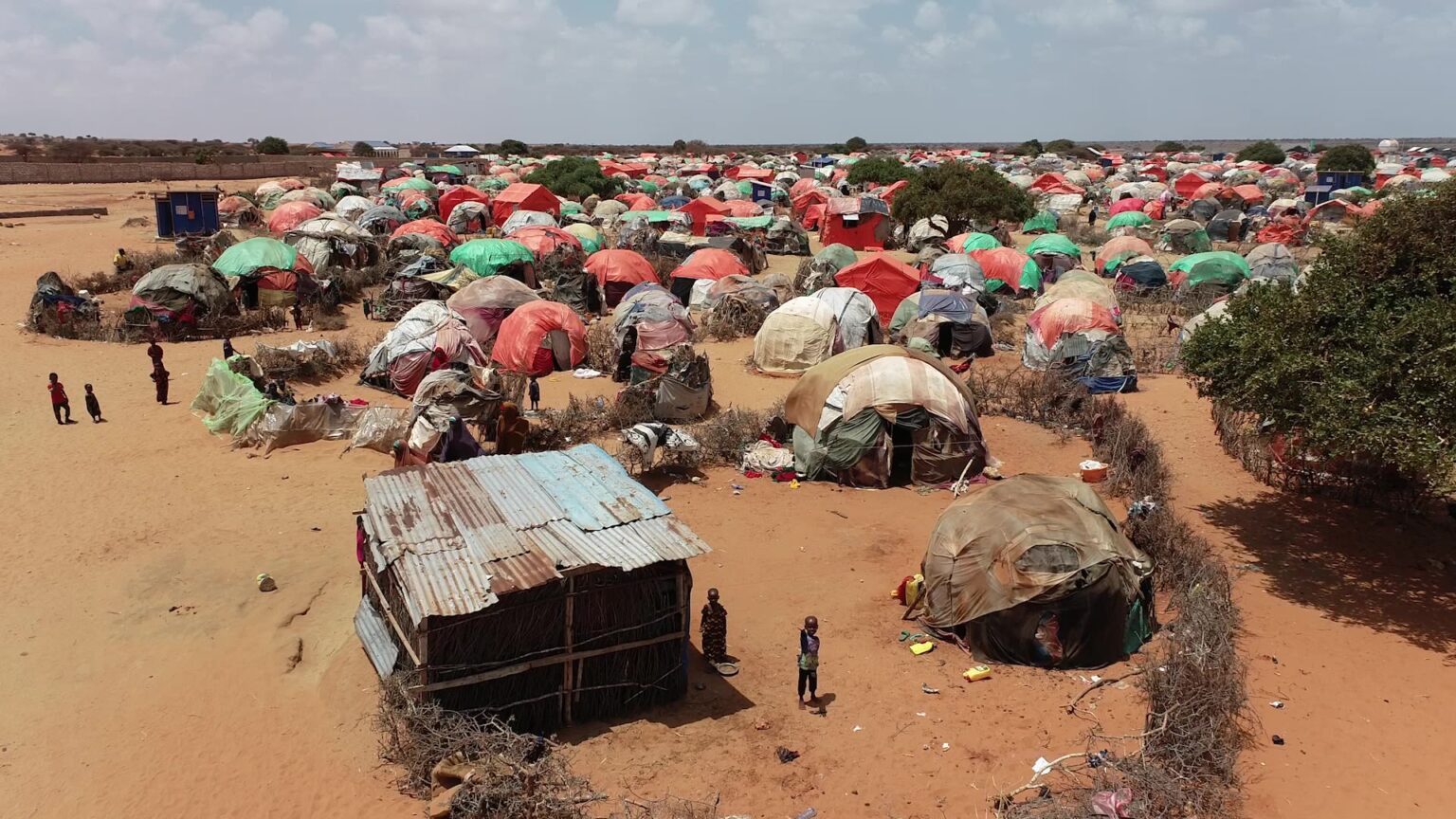Over 3.5 million people displaced by climate shocks across IGAD region

More than 3.5 million people have been displaced across the Horn of Africa due to the growing impact of climate change, the Intergovernmental Authority on Development (IGAD) has said.
According to IGAD’s Health and Social Development Division, worsening droughts, floods, and extreme weather events continue to drive humanitarian crises in member states, including South Sudan, Ethiopia, Kenya, Somalia, and Uganda.
The figures were shared during a policy dialogue on climate change and human mobility, held under the theme “Climate Action for Displaced Communities in the IGAD Region.
Officials at the forum warned that climate change is now one of the biggest triggers of displacement in the region, further straining communities already affected by conflict and economic instability.
Climate change is not only an environmental issue but a human mobility crisis,” IGAD said in a statement. “Our collective response must prioritize protection, inclusion, and resilience for displaced people.”
During the meeting, IGAD reaffirmed its commitment to a regional climate action plan that focuses on:
Protecting communities displaced by climate impacts.
Strengthening early warning and response systems.
Enhancing resilience and adaptation efforts.
Mobilizing sustainable climate financing to support vulnerable populations.
Member countries also presented updates on their national efforts. South Sudan outlined new community recovery projects, Ethiopia and Kenya showcased renewable energy and drought mitigation initiatives, while Somalia and Uganda highlighted progress in developing climate adaptation and displacement management frameworks.
In a joint statement, delegates called for greater investment in early warning systems, regional coordination, and climate-resilient livelihoods to reduce future displacement risks.
The IGAD Secretariat reiterated its commitment to strengthening regional cooperation and aligning its strategies with global frameworks such as the Paris Agreement and the Global Compact on Refugees.
